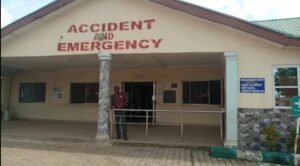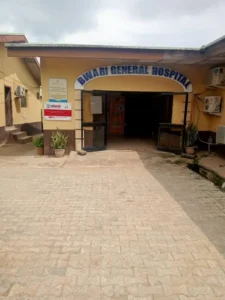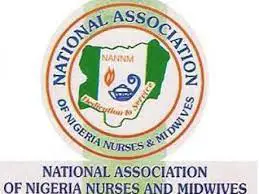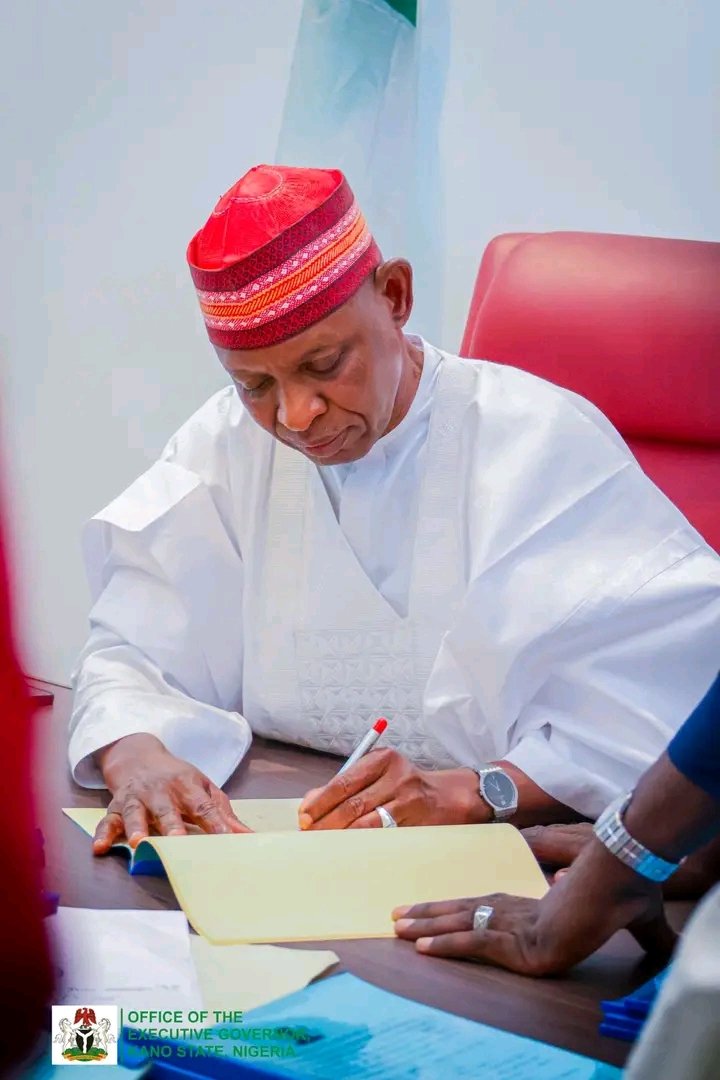Public hospitals across key communities in Nigeria’s Federal Capital Territory (FCT) have been thrown into chaos as a warning strike by the National Association of Nigeria Nurses and Midwives (NANNM) entered its third day. The industrial action has crippled healthcare delivery in Dutse, Kubwa, and Bwari, with patients stranded and critical services suspended.

A visit by Africa Health Report to several facilities revealed a grim picture: deserted wards, non-functional maternity units, and visibly distressed patients left without medical attention. The strike, aimed at pressing home long-standing demands, has exposed deep-rooted weaknesses in the country’s public health system.
At Dutse Makaranta Primary Health Centre, only community health extension workers (CHEWs) were on ground, struggling to manage minor ailments. “We’re just trying to hold things together,” said Grace Emmanuel, a CHEW. “We can’t handle serious cases. Those need qualified nurses.”
In Kubwa General Hospital, wards remained empty, with no nurses on duty. A hospital staffer who requested anonymity said a few nurses had discreetly stayed behind to support the labour ward in case of emergencies. “They’re not in uniform, but they’re keeping watch in case something goes wrong during delivery,” the source told AHR.
At Bwari General Hospital, maternity services remained suspended throughout the morning, while the outpatient unit appeared nearly deserted. Matthew Eze, a resident, said he brought his pregnant wife for a routine check-up but received no assistance. “No one has attended to us. I may have to take her to a private hospital, but I don’t have the money,” he said.

Patients with chronic conditions were also affected. Mariam Adamu, a diabetic, said she waited four hours for her routine insulin check-up, only to leave unattended. “A nurse usually helps with my readings and dose adjustments. But today, no one came,” she said.
More patients shared similar experiences at Dutse Makaranta PHC. Lilian Joseph, a pregnant mother, said she had been waiting nearly two hours without being seen. “The nurses normally try their best, but now we’re just left to ourselves,” she said.
Mrs Anabelle, another patient, was visibly upset. “It’s heartbreaking to come here in pain and find nobody. We don’t know where else to go,” she said.
The ongoing strike has left doctors overwhelmed and patients vulnerable. With essential nursing services halted, hospitals are struggling to deliver basic care. Many patients are being turned away — not because treatment isn’t available, but because there’s no one to provide it.
NANNM has warned that the strike could escalate if their demands are not met. As the impasse continues, concerns grow over the fate of thousands of residents who rely on public hospitals for essential healthcare.
Unless urgent steps are taken to address the root causes — including understaffing, poor remuneration, and lack of resources — Nigeria’s already fragile healthcare system could face even greater strain in the days ahead.



